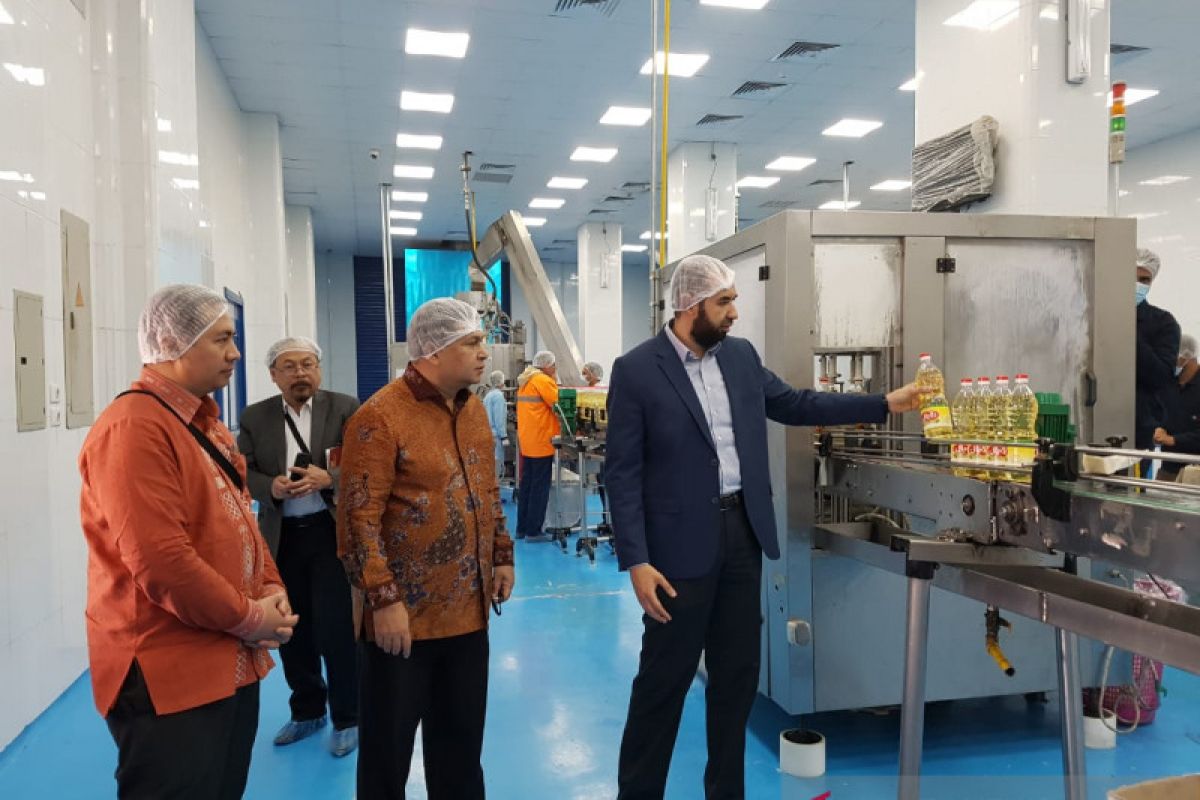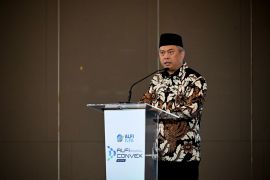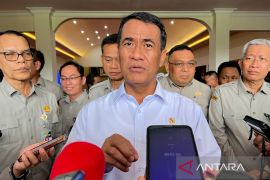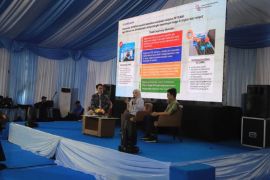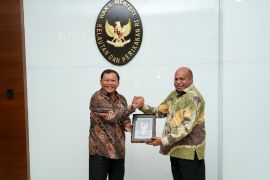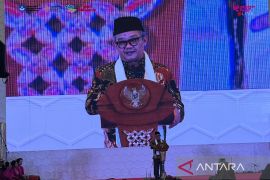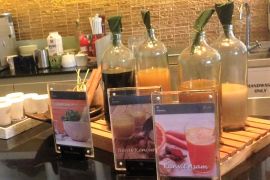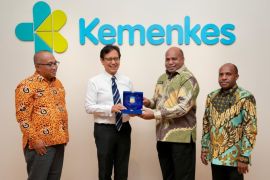The visit to the palm oil processing and distribution company was aimed at following up on a US$130 million trade contract signed by Oleo Misr with PTPN III (Persero) and PT Chitra Agri Indonesia Plantation Companies for the 2019 period.
In his speech, Ambassador Helmy hoped Oleo Misr could make efforts to diversify palm products as a sustainable product.
"Palm oil and its derivatives can be used other than as a consumer product; they can also be used as a biodiesel product," Ambassador Helmy said in a written statement received by Antara on Tuesday.
Given Indonesia's focus on targeting non-traditional markets such as the Middle East and Africa, today, Egypt is considered a strategic center for launching trade relations between North and South Africa.
"This is also supported by the export of Indonesian palm oil to Egypt which tends to increase from year to year," Ambassador Helmy said.
In accordance with the Egyptian statistical report (CAPMAS), Indonesian palm oil commodities (HS code 1511) entered the Egyptian market and ranked first in 2018, with total imports from Indonesia to Egypt amounting to 643.77 million US dollars (around Rp.19 trillion) with a market share of 94.35 percent of total Egyptian imports from all over the world, valued at 682.27 million US dollars.
Indonesian palm oil products exported to Egypt increased significantly, according to data from the Central Statistics Agency.
In January 2019, Indonesian palm oil products exported to Egypt were worth 63.11 million US dollars (around Rp.892 billion) with a capacity of 128,284 tons or an increase of 351 percent compared to exports in the same period last year.
Indonesian trade diplomacy was welcomed by CEO of Oleo Misr Mohamed Radwan, who expressed enthusiasm over conducting trade relations with Indonesia, especially in the palm oil product sector. He also appreciated the efforts made by the Indonesian Embassy in Cairo to facilitate cooperation between his country's companies and several potential Indonesian suppliers.
"We sincerely hope that the cooperative relations in the trade sector between Egypt and Indonesia can continue to be improved. We appreciate the support given by the Indonesian Embassy in Cairo on connecting us with suppliers," Radwan said.
Oil demand for household consumption in Egypt reaches 1.2 million tons per year, of which 400-500 thousand tons come from palm oil.
"Therefore, we will import palm products and some derivatives from Indonesia, in addition to cooking oil, as well as products such as soap, detergents and chemical products. "About 30-40 percent of our palm oil products will later be exported to the African and European countries," Radwan explained.
Oleo Misr was established in the 1940s and processes oil products derived from sunflowers, soybeans, and palm oil for household consumption purposes, which are then distributed to the domestic and international markets.
The company also processes palm oil into fatty acids and glycerin for industrial products ordered from various giant companies such as Unilever and Procter & Gamble.
Oleo Misr previously signed a contract with the Parent Company, PTPN III (Persero), for the delivery of 10,000-16,000 metric tons (MT) of palm oil per month, with a value of 100 million US dollars (around Rp1.4 trillion).
Oleo Misr also agreed to ship palm oil amounting to as much as 4,000-5,000 MT per month, with a value of 30 million US dollars (around Rp424 billion), from PT Chitra Agri.
During a meeting between Ambassador Helmy and the CEO of Oleo Misr, the Palm Oil Business Forum was also discussed. It will be held by the Indonesian Embassy in Cairo in August to improve trade relations between Indonesia and Egypt, especially in the palm oil sector.
Reporter: Eliswan Azly
Editor: Suharto
Copyright © ANTARA 2019
